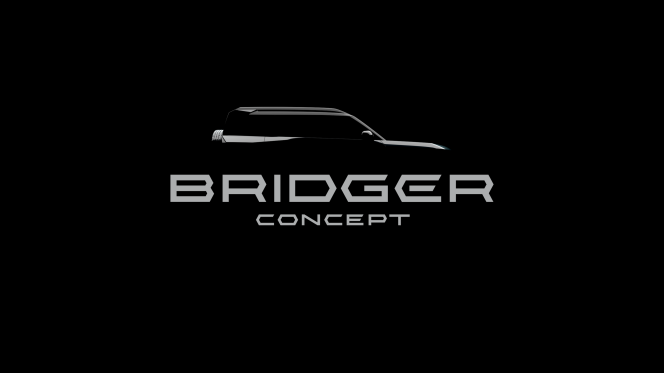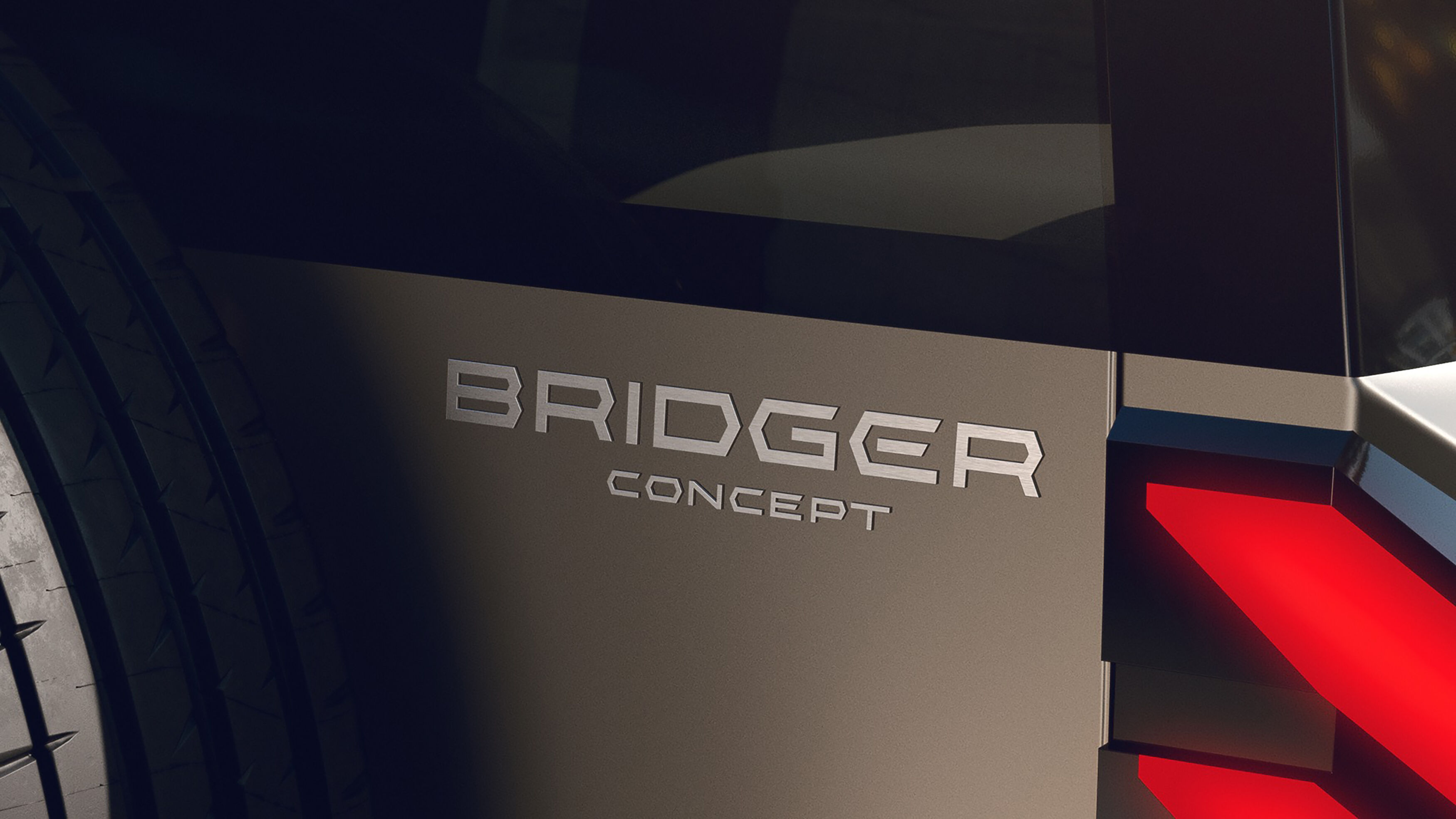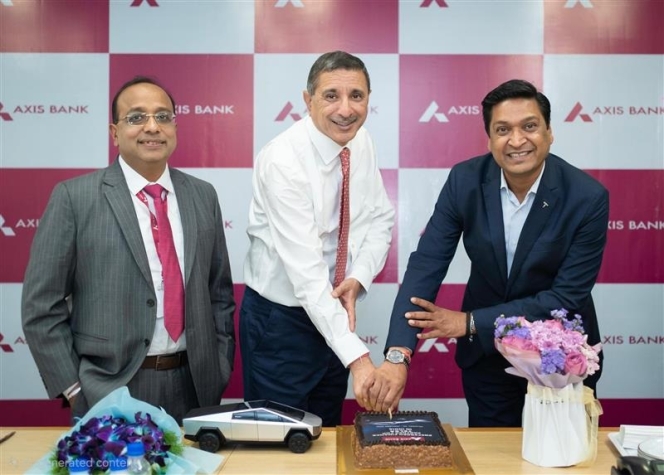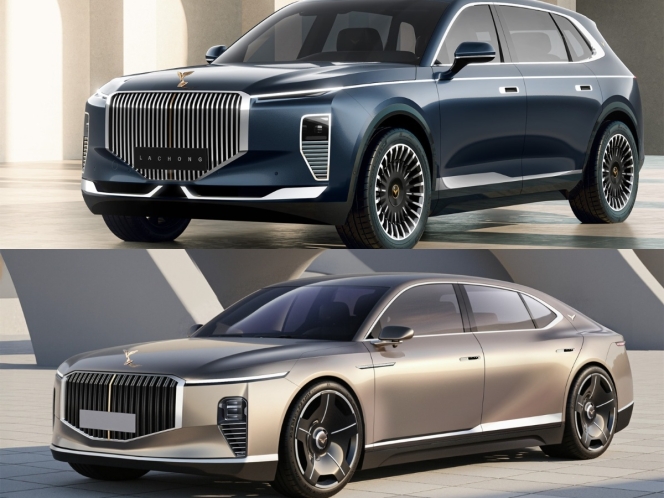VinFast Accelerates India Journey With 24 Operational Dealerships
- By MT Bureau
- October 31, 2025

VinFast Auto India, a subsidiary of the electric vehicle manufacturer, has significantly expanded its retail network with 24 dealerships now operational across major Indian cities. This progress supports the company's commitment to establishing 35 dealerships nationwide by the end of 2025.
The new showrooms adhere to VinFast’s global retail standards, featuring design and car display areas to ensure customer engagement. The 24 outlets are now operating in cities including Delhi, Gurugram, Mumbai, Chennai, Bengaluru, Kolkata, Ahmedabad and Hyderabad, among others. Customers can view the newly launched electric SUVs, the VF 6 and VF 7, at these locations.
Tapan Ghosh, CEO, VinFast India, said, “India’s enthusiasm for sustainable mobility motivates us to keep raising the bar. The rapid rollout of brand experience Showrooms underscores VinFast’s long-term commitment to the Indian market. We are working closely with our dealer partners to make VinFast products and services accessible to customers across the country. Our goal is not just to sell , but to deliver an inspiring, customer-centric journey anchored in sustainability and innovation.”
Simultaneously with the launch of the VF 6 and VF 7, VinFast is building a comprehensive ecosystem that integrates retail, charging and aftersales services. The company has formed partnerships with RoadGrid, myTVS, Castrol India and Global Assure to create a nationwide framework for charging and aftersales support.
VinFast's India growth strategy is centred on its factory in Thoothukudi, Tamil Nadu. The 400-acre facility, in its first phase, will assemble the VF 6 and VF 7 models with an initial capacity of 50,000 units, scalable up to 150,000 units. The factory is expected to create 3,000-5,000 direct jobs.
Renault Reveals The Name Of Its Upcoming Show-Car: Bridger Concept
- By MT Bureau
- March 04, 2026

Renault has unveiled the name of its latest show-car, the Bridger Concept, as part of its continued international expansion. This model serves as a precursor to a forthcoming production vehicle, specifically an urban SUV designed with new dimensions to accommodate the evolving needs of city-dwelling families.
The Bridger Concept stands out with its bold and robust design, featuring surprisingly compact proportions. Measuring under four metres in length, it maximises interior space, demonstrating that a smaller footprint does not necessitate a compromise on roominess. The name itself, derived from the English word ‘bridge’, was chosen for its connotations of strength, connection and linkage. This choice highlights the vehicle's assertive styling and reinforces the brand's commitment to fostering human connections within the cabin, a core aspect of its ‘voitures à vivre’ philosophy.

A comprehensive reveal of the Bridger Concept is scheduled for 10 March 2026. This unveiling will occur during the presentation of Renault Group's futuREady strategic plan, with the entire event being streamed live from the company's official events platform.
Explaining the thinking behind the name of the new show-car, Sylvia dos Santos, Head of Naming Strategy with Renault's Global Marketing Division, said, “With Renault Bridger, we are adding to our family of names based on English words. This one comes from the word 'bridge', with the letters 'ER' added for identification. The name Renault Bridger is part of the same approach as the name of Renault Duster. It’s a powerful, robust and versatile name, ideal to identify our new urban SUV show-car and open a new page in our international offensive!”
Axis Bank Becomes Preferred Financer For Tesla In India
- By MT Bureau
- March 04, 2026

Axis Bank has announced its appointment as a preferred financer for Tesla in India, which will see the company provide financing solutions for customers purchasing Tesla vehicles as part of a nationwide rollout.
The collaboration covers major metropolitan areas and emerging electric vehicle (EV) hubs. The initiative is designed to integrate with Tesla’s global ownership model by using digital onboarding to manage the purchase journey.
Axis Bank has developed specific auto-loan products for the premium EV segment. These offerings focus on repayment flexibility and digital processing speeds.
It includes loan tenure options extending up to 10 years. Customised structures designed to align with individual customer cash flows. A fully digital onboarding process intended to reduce sanction turnaround times. Coverage across all-India locations to support Tesla’s market entry.
Munish Sharda, Executive Director, Axis Bank, said, “As electric mobility gains momentum in India, Axis Bank is proud to collaborate with Tesla to help accelerate this transition. Through this collaboration, we are bringing together world-class electric vehicles with innovative, tailored financing solutions and seamless customer engagement. This makes it easier for customers to adopt sustainable mobility without compromising on convenience or flexibility. This initiative reflects our continued focus on responsible banking and future-ready solutions.”
Vietnamese Automaker Segments Portfolio Into Ultra-Luxury, Mass-Market And Commercial Lines
- By MT Bureau
- March 03, 2026

Vietnamese electric vehicle brand VinFast has announced the completion of its strategic restructuring into three automotive brand lines. The company officially unveiled two flagship models, the Lac Hong 800S and the Lac Hong 900S, to head its ultra-luxury marque.
The restructuring divides the portfolio into the Lac Hong ultra-luxury line, the VF passenger vehicle range and the Green commercial mobility brand. VinFast has maintained a leadership position in Vietnam for 16 consecutive months, delivering 175,099 vehicles in 2025.
The three brands target different market segments to support the company's next phase of development:
- Lac Hong: Comprises the 900 LX, 900S, and 800S models.
- VF: Includes a portfolio of passenger EVs from the VF 3 to the VF 9 and the VF MPV 7.
- Green: Developed for commercial mobility, featuring the Limo Green, Herio Green, Nerio Green and Minio Green models.
The new Lac Hong 800S and 900S models use design elements inspired by Vietnamese heritage, such as a grille with vertical slats and emblems evoking the Lac bird. Interior materials include Nappa leather, wood and gold-plated accents.
They are equipped with a tri-motor system with one front motor and two rear motors; a combined output of 460 kW and a fully active suspension system for ride comfort and stability.
On the inside, it gets executive seating and power-assisted doors. The 900S includes a privacy partition, a projection entertainment system and a workstation.
The Lac Hong 800S and 900S are scheduled for commercial launch in 2027.
At present, VinFast operates manufacturing facilities in Vietnam and India, with planned operations in the United States. The facility in Thoothukudi, Tamil Nadu, represents a USD 500 million investment and is designed to produce 150,000 vehicles annually.
Duong Thi Thu Trang, Deputy CEO of Global Automotives, VinFast, said, “Following a period of accelerated growth - achieving the No.1 position in Vietnam and establishing our presence in key regional markets - the completion of our three-brand structure lays the foundation for our next phase of development: structured, professional and breakthrough-driven. The Lac Hong 800S and 900S stand as further proof of VinFast’s technological mastery, product development capability and advanced manufacturing expertise. We believe products created by Vietnamese intellect, craftsmanship and resilience not only inspire national pride but also convey a powerful message about Vietnam’s cultural heritage and technological stature in this new era of global advancement.”
Mercedes-Benz Unveils All-New V-Class, Redefining Private Luxury Mobility In India
- By MT Bureau
- March 02, 2026

Mercedes-Benz has introduced the all-new V-Class to the Indian market, a model poised to transform the landscape of private luxury transportation. This vehicle is designed to offer an ambiance of spaciousness, freedom and serenity, effectively functioning as a personal sanctuary for those who value both privacy and sophisticated comfort while traveling. By merging progressive design with exceptional roominess and lavish appointments, it establishes a new benchmark in its category.
The vehicle is built on an extended wheelbase platform (5,370 mm length, 3,430 mm wheelbase, 1,928 mm width, 1,880 mm height), which provides the foundation for its generous interior. Its primary focus is on creating what the brand describes as a 'Private Suite' on wheels, ensuring each journey is tailored to individual preferences. The cabin is configured with six seats, with the second row featuring premium individual seats equipped with ventilation, massage functionality, calf rests and integrated wireless charging. In a segment-first move, the third-row seats also offer ventilation, ensuring passenger comfort is prioritised throughout the vehicle. The front seats are fully electric and include ventilation and adjustable cushion length, establishing a commanding position for the driver.
The sensory experience within the V-Class is meticulously curated. A 64-color ambient lighting system allows passengers to personalise the cabin's mood, complemented by a high-fidelity Burmester surround sound system with 15 speakers. Climate comfort is managed by an advanced automatic system, and the ENERGIZING Comfort package offers a selection of up to 10 wellness programs that harmonise various in-car systems. Practical luxury is evident in the electrically operated sliding doors on both sides and the split tailgate, which can be controlled through multiple touchpoints for effortless access and loading in any situation.
The V-Class offers both petrol and diesel powertrain options, each paired with a nine-speed automatic transmission. It is the first market globally to offer the AIRMATIC air suspension system on both fuel types, ensuring a supremely comfortable ride across varying terrains. The vehicle's exterior is defined by the AMG Line package, featuring a distinctive radiator grille and LED lighting. Advanced technology includes the MBUX infotainment system, MULTIBEAM LED headlights that adapt to traffic and a comprehensive suite of driver assistance systems for safety and convenience. Available in five metallic exterior shades and two interior leather choices, the all-new V-Class represents a holistic approach to mobile luxury, combining space, technology, and personalized comfort in a locally produced package.
In a significant strategic development, Mercedes-Benz India will produce the new V-Class locally. This decision reinforces the company's long-standing dedication to the Indian market and follows the recent announcement of local production for another ultra-luxury model. The V-Class thus becomes the second high-end vehicle this year to be assembled domestically, underscoring the brand's commitment to deepening its roots in the country. Customer bookings are now open, with an initial deposit of INR 500,000 securing priority delivery and an introductory price for existing clientele.
Santosh Iyer, Managing Director & CEO, Mercedes-Benz India, said, “We are delighted to introduce the all-new V-Class for the Indian market, redefining the concept of a ‘private suite’ offering luxury, space and privacy to our exclusive customers. The V-Class addresses a growing trend amongst India’s opulent customers and trend setters, who seek an oasis of personal space, tranquillity and privacy while travelling in the lap of luxury. The decision to start the local production of the V-Class further reinforces our India commitment, adding significant value to our customers.”






Comments (0)
ADD COMMENT